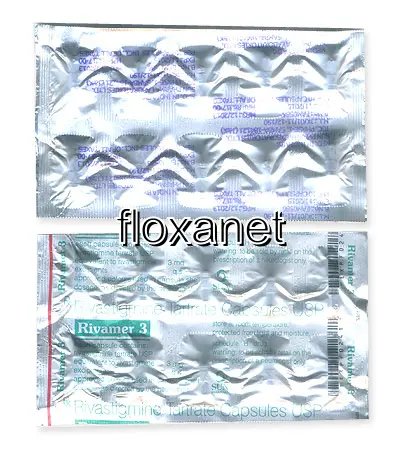| Package | Dosage | Price | Price per Dose | |
|---|---|---|---|---|
| Dosage: 1,5mg | ||||
| 360 pill | 1,5mg | €364.28 | €1.01 | |
| 240 pill | 1,5mg | €247.94 | €1.03 | |
| 180 pill | 1,5mg | €190.36 | €1.06 | |
| 120 pill | 1,5mg | €133.95 | €1.12 | |
| 90 pill | 1,5mg | €104.57 | €1.16 | |
| 60 pill | 1,5mg | €70.50 | €1.18 | |
| 30 pill | 1,5mg | €37.59 | €1.25 | |
| Dosage: 3mg | ||||
| 360 pill | 3mg | €333.73 | €0.93 | |
| 240 pill | 3mg | €233.84 | €0.98 | |
| 180 pill | 3mg | €182.13 | €1.01 | |
| 120 pill | 3mg | €131.60 | €1.09 | |
| 90 pill | 3mg | €104.57 | €1.16 | |
| 60 pill | 3mg | €76.37 | €1.27 | |
| 30 pill | 3mg | €43.47 | €1.45 | |

Rivastigmine Tartrate Description
Overview of Rivastigmine Tartrate
Rivastigmine Tartrate is a medication commonly used to manage symptoms associated with Alzheimer's disease and Parkinson's disease dementia. It belongs to the class of drugs known as cholinesterase inhibitors. This medication works by increasing the levels of acetylcholine, a neurotransmitter important for memory and cognitive function, in the brain. By enhancing cholinergic transmission, Rivastigmine helps improve mental clarity, memory loss, and significantly reduces behavioral symptoms in affected individuals.
Formulation and Dosage
This medication is available in various forms, including capsules, transdermal patches, and oral solutions. The transdermal patch is often preferred for its convenience and long-lasting effects, providing a steady dose of the drug over 24 hours. Typical starting doses are low, to minimize side effects, and are gradually increased based on patient response and tolerability. It is crucial to follow the prescribed dosage carefully and not to adjust it without consulting a healthcare professional.
Effectiveness and Benefits
Many patients report noticeable improvements in their cognitive functions after starting Rivastigmine Tartrate. Memory, focus, and daily functioning can see some enhancement within a few weeks of consistent use. The medication is particularly effective in stabilizing or slightly improving symptoms rather than reversing disease progression. For caregivers and families, this can mean a better quality of life for their loved ones, with fewer behavioral disturbances and increased independence.
Potential Side Effects
Like all medications, Rivastigmine Tartrate may cause side effects. Commonly reported issues include nausea, vomiting, loss of appetite, diarrhea, and dizziness. Gastrointestinal symptoms are often temporary and tend to improve as the body adapts to the medication. Some users may experience weight loss or fatigue. Serious side effects are rare but require prompt medical attention. It is important to discuss any adverse reactions with a healthcare provider to determine if the medication should be continued or adjusted.
Precautions and Interactions
Patients with certain medical conditions, such as liver or kidney problems, should inform their doctor before starting Rivastigmine Tartrate. Concomitant use with other cholinergic drugs or medications affecting the central nervous system can lead to increased side effects or interactions. Alcohol consumption should be limited or avoided, as it may enhance side effects like dizziness or confusion. Regular monitoring by a healthcare professional is advisable to ensure safe and effective treatment.
Considerations and Final Thoughts
Rivastigmine Tartrate remains a valuable option in the management of dementia-related symptoms. Its ease of use, especially in patch form, makes it accessible for many patients. However, regular assessments are essential to evaluate the medication's effectiveness and address any side effects promptly. While it doesn't cure the disease, its role in improving cognitive symptoms can make a significant difference in patients' daily lives, promoting better independence and emotional well-being.